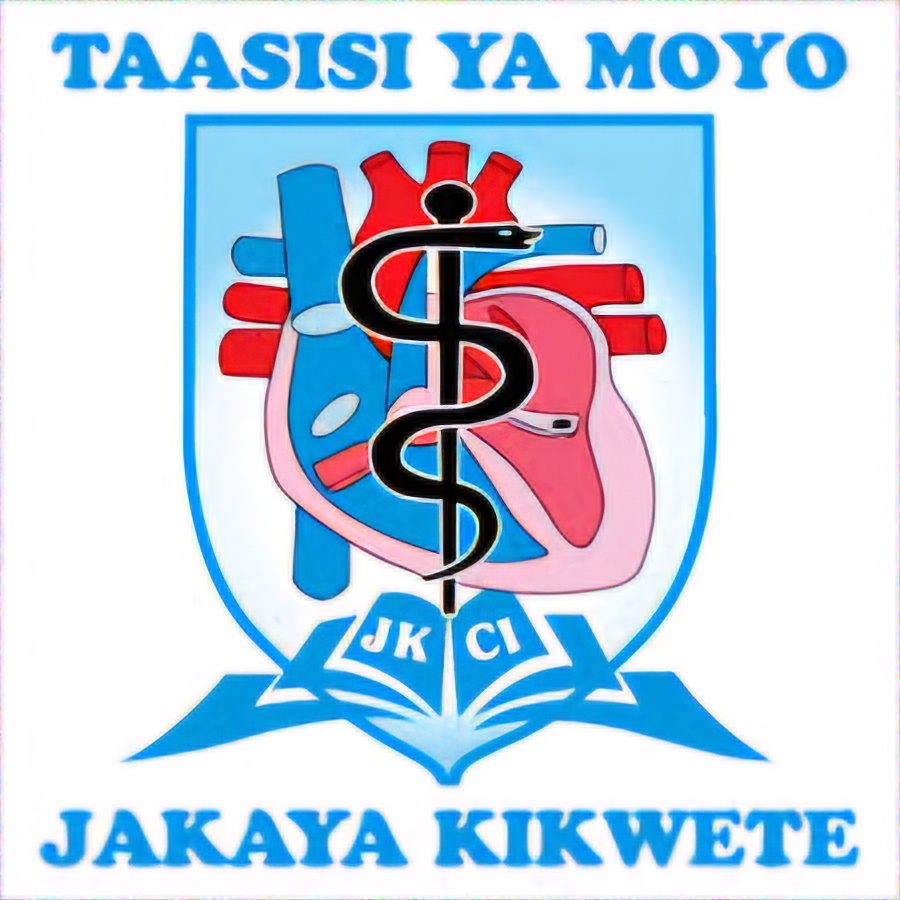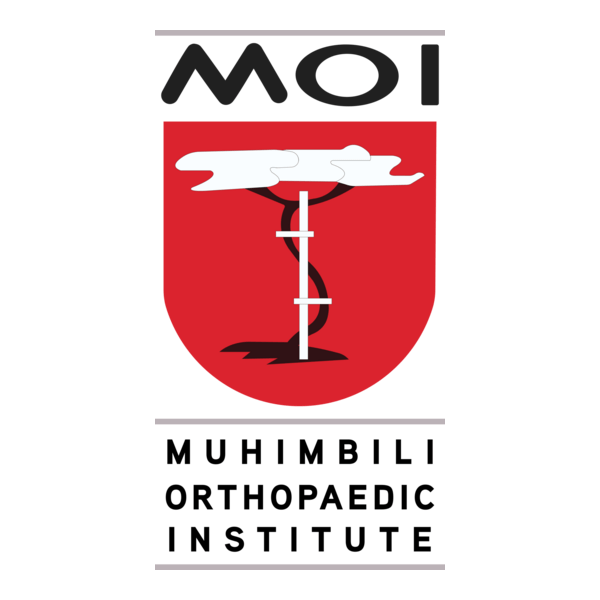The Bachelor of Science in Health Information Science is an interdisciplinary program designed to meet the growing demand for professionals who can manage, analyze, and leverage healthcare data. This field combines knowledge from health sciences, information technology, and management to address the critical role of data in improving healthcare outcomes, enhancing patient care, and supporting public health initiatives.
In a rapidly evolving healthcare environment, particularly in countries like Tanzania, where health data plays a key role in tackling public health challenges, graduates are equipped with the skills necessary to contribute to evidence-based decision-making, policy formulation, and healthcare quality improvement.
Course Overview
The Bachelor of Science in Health Information Science program focuses on several core areas, including:
- Health Information Management: The accurate collection, storage, and retrieval of patient and administrative health records.
- Data Analysis and Informatics: The application of advanced analytical techniques to assess trends and support clinical decisions, research, and public health interventions.
- Health IT Systems: The design and maintenance of electronic health record (EHR) systems and health information exchange (HIE) platforms.
- Healthcare Policy and Administration: Ensuring compliance with regulatory standards and leveraging health information for decision-making.
The curriculum prepares students for diverse roles in healthcare by incorporating a mix of theoretical knowledge and practical experience through internships, hands-on projects, and exposure to real-world health information systems.
Skills You Will Gain
By completing this program, students develop a broad range of skills that are essential for navigating the complex world of health information management. Key skills include:
- Data Management and Analysis: Mastery of data analytics tools and techniques to interpret and utilize healthcare data effectively.
- Health Informatics: Understanding of EHR systems, health information exchanges, and healthcare IT solutions to enhance service delivery.
- Regulatory Compliance: In-depth knowledge of healthcare privacy, security standards, and adherence to data protection laws.
- Project Management: The ability to lead IT-related healthcare projects, such as telehealth system deployment or EHR upgrades.
- Clinical Documentation: Ensuring the accuracy and completeness of health records for coding, billing, and quality reporting purposes.
- Healthcare Technology Expertise: Hands-on experience with health information systems, healthcare data privacy solutions, and innovative health IT tools.
These competencies ensure that graduates can adapt to the ever-changing landscape of healthcare data and contribute meaningfully to healthcare organizations, public health agencies, and research institutions.
Entry Requirements
Direct Entry Requirement
Candidates who completed their A level studies before 2014 and from 2016 the minimum entry qualification is two Principal Level passes with a total of 4.0 points in Biology and Physics or Advanced Mathematics or Geography/Chemistry or Nutrition or Agriculture or Computer Science. If one of the principal passes is not in Biology, candidate should have at Least a C grade in Biology in CSEE.
For candidates who completed their A level studies from 2014 and 2015 the minimum entry qualification is two Principal Level passes (Two Cs) with a total of 4.0 points in Biology and Physics or Advanced Mathematics or Geography/Chemistry OR Nutrition or Agriculture or Computer Science. If one of the principal passes is not in Biology at least a C grade in Biology in CSEE.
For candidates who completed their A level studies from 2014 and 2015 the minimum entry qualification is two Principal Level passes (Two Cs) with a total of 4.0 points in Biology and Physics or Advanced Mathematics or Geography/Chemistry OR Nutrition or Agriculture or Computer Science. If one of the principal passes is not in Biology at least a C grade in Biology in CSEE.
Equivalent Entry Requirements
Diploma or Full Technician Certificate (FTC) in Health and allied Science related field (e.g. Health Information Sciences, Health Records, Nursing, Medical Laboratory, Pharmacy, Radiology, Physiotherapy, Clinical Medicine, Public Health, Environmental Health and Nutrition), Information Communication Technology related field (e.g. Information Technology, Computer Science, and Information Systems), Diploma in Statistics, and Library Information Science with at least four O’-level passes (Ds and above) in science subjects (Biology, Physics, Chemistry, English and Mathematics) or NVA Level III with less than four ‘O’ level passes or equivalent foreign qualifications as established by either NECTA or VETA; and
- At least a GPA of 3.0 for ordinary Diploma (NTA Level 6); OR
- Average of C for Full Technician Certificate (FTC) (where A=5, B=4, C=3, And D=2 points);
Career Opportunities
Graduates from this program enjoy a wide array of career paths across healthcare, technology, and public health sectors. Some of the key roles include:
- Health Information Manager: Responsible for overseeing health data systems in hospitals and clinics, ensuring compliance and accuracy.
- Health Data Analyst: Analyze healthcare data to derive insights that inform clinical decisions, improve patient outcomes, and guide policy development.
- Healthcare IT Project Manager: Lead the implementation and management of IT systems, such as EHR upgrades or telehealth services.
- Medical Coder: Assign codes to medical diagnoses and procedures for billing and statistical purposes.
- Population Health Analyst: Use health data to assess population health trends and inform public health strategies.
- Healthcare Data Scientist: Apply advanced analytics, including machine learning, to health data for personalized medicine and predictive modeling.
- Healthcare Consultant: Advise healthcare organizations on best practices for health information management, data security, and system implementation.
- Telehealth Coordinator: Manage and optimize telehealth services to increase access to healthcare in remote areas.
- Public Health Informatician: Use data to address public health challenges, conduct outbreak surveillance, and promote health equity.
Graduates can also pursue self-employment by offering consultancy services in areas such as health data analytics, IT security, and health information system training.








Je course ya bachelor of health information science ina intern??
Je course ya bachelor of health information science ina intern??